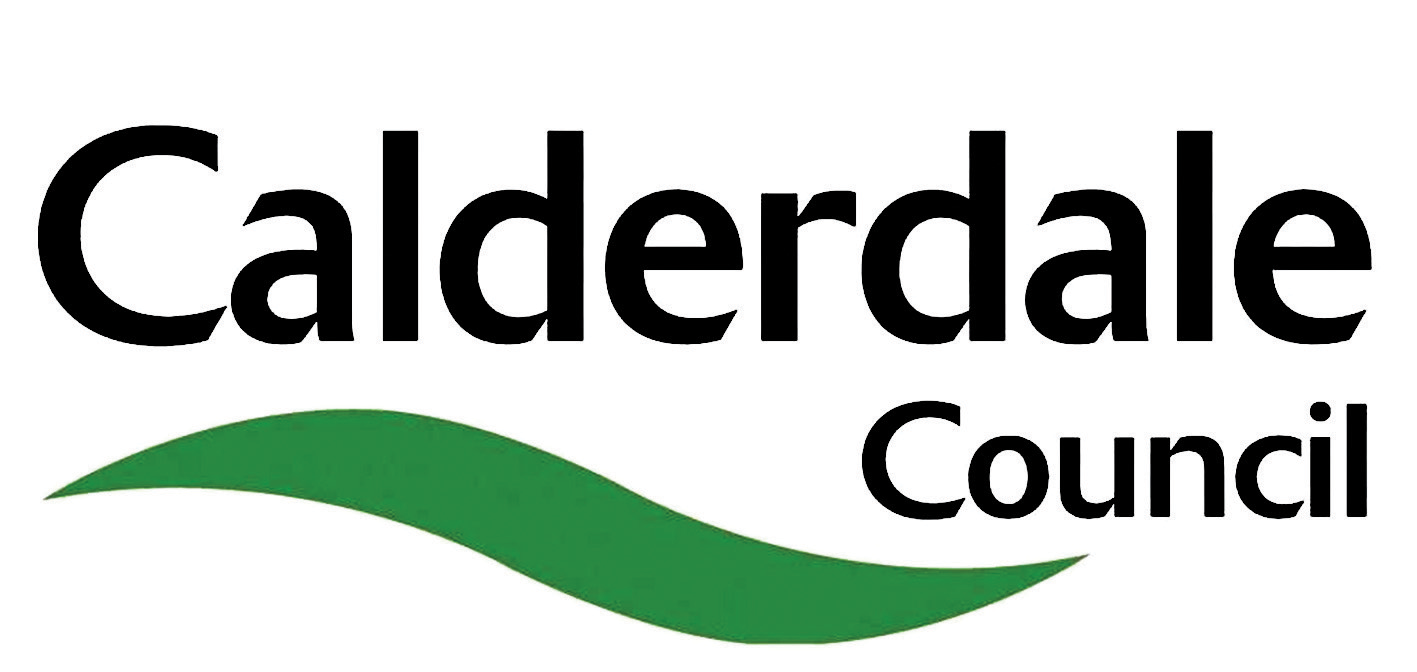As parents whether you are a single parent, a mum, dad or carer we all want
to do what’s best to keep our children safe, fit and well. However, it can be
easy to forget about our own health and wellbeing. A positive attitude and a
good social outlook encourages us all to have a healthy lifestyle. You should
have your postnatal check about six to eight weeks after your baby’s birth to
make sure that you feel well and are recovering properly.
Family life plays an important role in the wellbeing of both children and
parents. Doing active and creative things together can really boost happiness
levels all round. Children’s Centres can be great places for you to socialise and
meet other parents as well as giving your child the opportunity to meet friends.
surestartchildrenscentresnhp.org.uk
www.childrencentres.co.uk
Sometimes it can be a bit daunting when meeting a group of complete
strangers, but it can be an easy way to meet new people and make friends,
after all, you all have something in common - your children!
We are often our children’s first teachers and they not only learn about
practical things from us, but pick up on attitudes that can last a lifetime. It is
important to take care of your own physical and mental health in order to be
able to ‘parent’ well.
Postnatal depression -
not feeling like yourself?
Postnatal depression is more
common than people think and can
begin within days of giving birth or
occur up to 12 months after.
Postnatal depression does not
always mean having low mood or
feeling sad but can often create
feelings of too much anxiety. Some
mums feel overly anxious about
themselves or their babies or other
issues such as money worries. Poor
sleep, poor eating and staying away
from family and friends can be signs
to discuss with the heath visitor and
GP. Seeking help is important to
reduce the length of time a mum is
unwell/affected by this illness and can
include talking therapies, practical
support and medication. Treatment
for mum does not mean separation
from her baby. Talk to your GP or
health visitor.
In the early days, there is often a lot of
support and focus on mum and how
she is feeling or coping. While this is
really important, partners need some
support too. Becoming a parent can be
an exciting and overwhelming
experience. New parents may find they
are struggling to cope with the
pressures. Greater financial
responsibility, combined with a lack of
sleep and changes in relationships can
all affect a partner's wellbeing. Men who
are supporting women with postnatal
depression are also much more likely to
suffer from it themselves. (It is now
increasingly recognised that postnatal
depression and other perinatal mental
health issues can be experienced by
men as well as women).
Make sure you take care of yourself
too, and speak to your GP or health
visitor if you are finding things difficult.
www.fromdadstodads.org.uk


